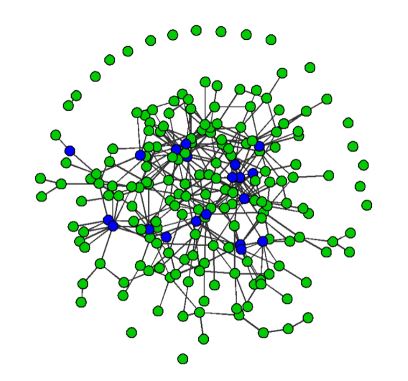Arts and Sciences, College of

Worlds of Connections Resources
Date of this Version
Summer 2017
Document Type
Syllabus
Abstract
This class covers a broad range of social psychological topics and processes to help teachers better understand how social context impacts STEM learning. Students will learn about social inequality in STEM fields, and the individual, interactional, and institutional barriers to developing a science identity for youth from a variety of social locations (rural/urban, gender, race/ethnicity, Socioeconomic Status, ELL). The class will learn about implicit bias, stereotype threat, and identity theory, and how they impact formal and informal social interactions and learning in the STEM classroom. They will learn and help formulate practical strategies to reduce their negative impact in order to broaden and widen student engagement in STEM.
Learning Objectives: • Teachers will understand the utility of social psychological concepts in their efforts to help youth become more interested in STEM. • Teachers will learn to use a sociological lens to identify how social structural forces influence youth identification with STEM. • Teachers will identify ways to use identity theory concepts and principles to activate youth STEM youth. • Teachers will create tools to integrate what they’ve learned about STEM identity into education practices.


Comments
Copyright © 2017 Patricia Wonch Hill & Julia McQuillan